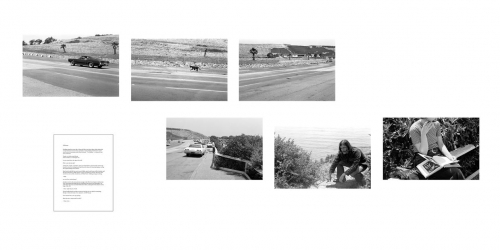Allan Sekula is one of the most outstanding contemporary documentarians. In the early seventies that Sekula turned to photography and, more specifically, to documentary photography, with the primary aim of engaging with documentary photographic traditions of the 1930s.
His series of photographs, films and – last, but not least – photo-historical and theoretical studies are directed toward the continuous, critical renewal and reinterpretation of the documentary genre, and at mapping out the deeper mechanisms of social processes. It is politics, history, social relations, ecology and the phenomena of climate change that emerge from his works, or as he himself says, the imaginary and real morphology of developed capitalism. His works are the result of several years of methodical research work; during his travels to innumerable places around the world, he observes the effects of global capital on simple, working people.
Sekula does not think in terms of individual, artistically produced, “stylistic” pictures; he arranges his pictures in series, and most often, the texts are also an integral part of the series. Sekula’s own expression for this is the “disassembled movie”, which he achieves with his Brechtian, alienating effects and constant shifts of viewpoint, so that we recognise the reality appearing in the intervals between the pictures and the texts, the ideology hidden in the apparatus of the photographer and filmmaker, and the person himself, behind the camera.

